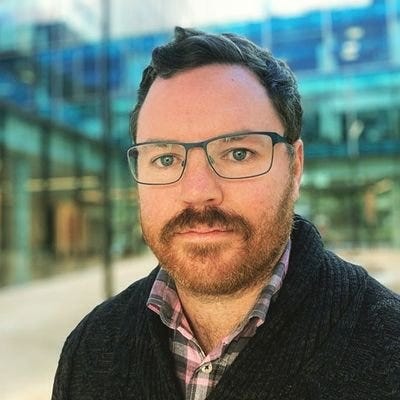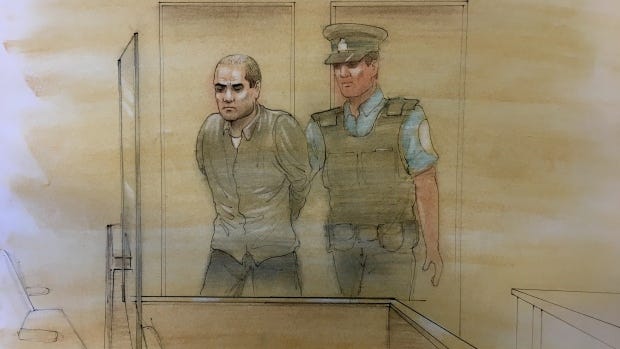Understanding the manosphere
ANU researcher, Simon Copland, gives an insight into his research
Note from Tim Dunlop: As promised, I am commissioning articles for this newsletter, and the latest one is below, by Simon Copland. More are in the pipeline. Your subscription supports the publication of these articles and all the work published here. Thank you.
Simon Copland is a PhD candidate in Sociology at the ANU, studying online men’s rights groups and communities ‘manosphere’. He has research expertise in masculinity, the far-right, online hate, and digital media platforms. You can follow him on Twitter at @SimonCopland or at his website.
In April 2018 Alek Minassian sped a van through Toronto, Canada, killing ten and injuring sixteen others.
Minassian belonged to an online community called ‘incels’ (involuntary celibates), comprised of men who blame women for their inability to gain sexual relationships. Incels speak disparagingly of ‘Chads’ and ‘Stacys’, nicknames used for sexually active men and women. Prior to the attack Miassian wrote a Facebook post stating ‘The Incel Rebellion has already begun! We will overthrow all the Chads and Stacys!’
The Toronto attack was an example of the violence possible from an online community called the manosphere. While men’s rights groups have a historical basis in feminism, groups have increasingly become anti-feminist, adopting misogynistic and violent language. The ‘manosphere’ has sprouted new communities such as ‘Incels’, ‘Men Going Their Own Way’ and ‘The Red Pill’. Members of the manosphere focus on discussing failures in their sexual and romantic relationships, blaming women, and feminism more specifically for the problems in their lives.
Keep reading with a 7-day free trial
Subscribe to The Future of Everything to keep reading this post and get 7 days of free access to the full post archives.




